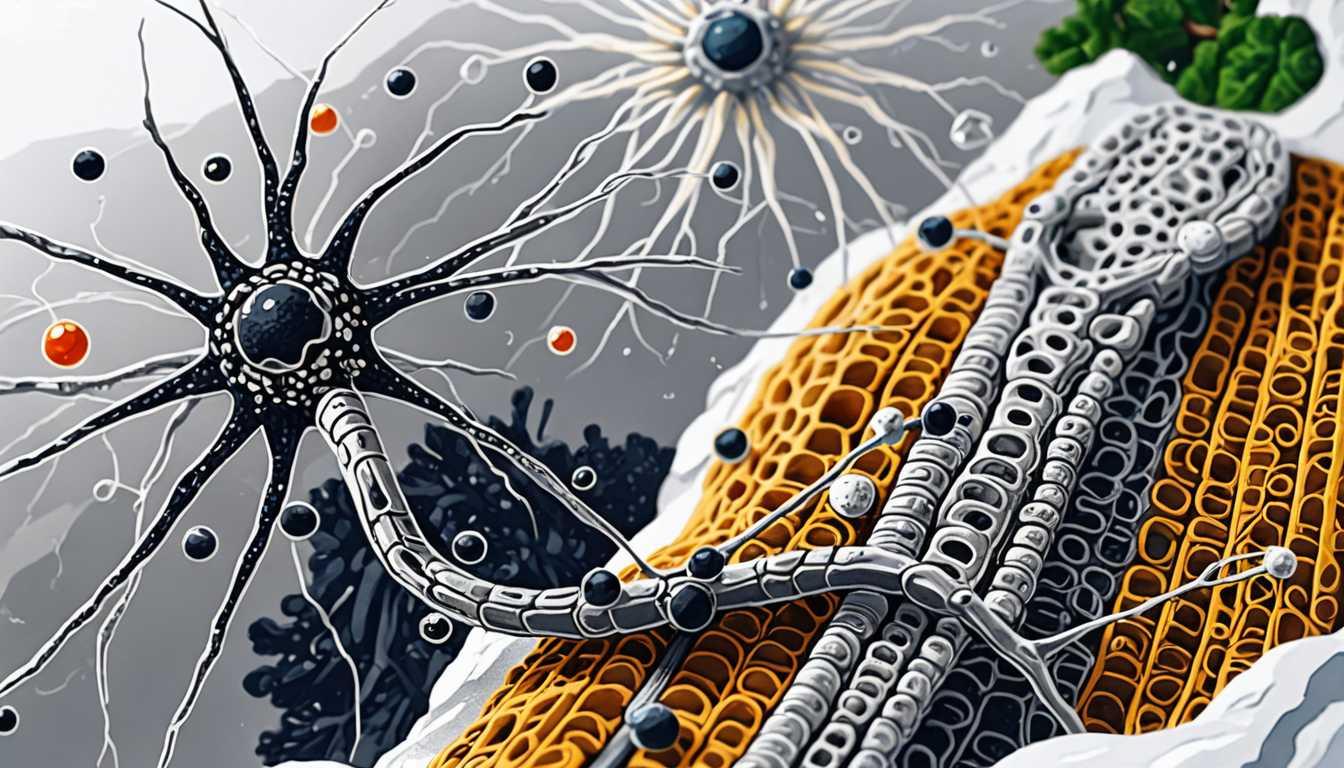Conversations Between Brain and Gut
June 2023
Massachusetts Institute of Technology (MIT)
Introduction
Dive into the fascinating world of brain-gut conversations in this MIT study! Scientists have developed a groundbreaking technology that manipulates mice's neural circuits, influencing feelings of fullness and reward-seeking behavior. Imagine controlling hunger or cravings with the precision of light! This research not only sheds light on our digestive health's impact on neurological conditions like autism and Parkinson’s but also opens new doors to less invasive treatments. Ready to explore how your stomach talks to your brain? Let's unravel this mystery together!
READ FULL ARTICLEWhy It Matters
Discover how this topic shapes your world and future
Gut Feelings and Brain Waves
Have you ever felt "butterflies" in your stomach when nervous or excited? It turns out, this sensation is more than just a figure of speech. The communication between your brain and gut is a complex, two-way street that can influence your mood, health, and even behavior. Scientists are diving deep into this connection, discovering how our digestive system and brain talk to each other, potentially unlocking new ways to treat neurological disorders and improve mental health. Imagine being able to control feelings of hunger or fullness, or even mood, by understanding this intricate dialogue! This research isn't just fascinating science fiction; it's real, and it's happening now, shedding light on the mysterious ways our bodies and minds are interconnected.
Speak like a Scholar
Optogenetics
A technique that uses light to control cells within living tissue, typically neurons, that have been genetically modified to respond to light.
Enteric nervous system
Often called the "second brain," it's a part of the nervous system located in the gut that controls digestion and communicates with the brain.
Neurological disorders
Medical conditions that affect the nervous system, including the brain, spinal cord, and nerves throughout the body.
Hormone release
The process by which hormones are secreted into the bloodstream by glands, influencing various bodily functions.
Satiety
The feeling of being full or satisfied after eating, which helps regulate food intake.
Vagus nerve
A long nerve running from the brain through the neck and into the abdomen, playing a key role in heart, lung, and digestive functions.
Independent Research Ideas
Exploring the role of the gut in mental health
Investigate how manipulating the gut's microbiome could potentially improve symptoms of depression and anxiety, offering a novel approach to mental health treatment.
The impact of diet on brain function
Examine how different types of food can influence the brain's performance, mood, and even susceptibility to disorders, emphasizing the importance of nutrition in cognitive health.
Optogenetics and behavior modification
Delve into the possibilities of using optogenetics to alter feeding behaviors or treat eating disorders, providing a futuristic perspective on managing health.
The enteric nervous system's influence on neurological diseases
Study how the "second brain" might contribute to or alleviate symptoms of conditions like Parkinson's disease or autism, opening new avenues for therapy.
Hormones as messengers between gut and brain
Explore the specific hormones involved in the gut-brain communication and their potential roles in controlling appetite, stress responses, and overall well-being.
Related Articles

Reviving Limbs: A 'Biohybrid' Breakthrough
March 2023
University of Cambridge

Electrodes: A Scalpel-Free Future
October 2023
Imperial College London

MRI and Brain Cancer: New Hope
April 2024
King's College London

Decoding ALS: MIT's Groundbreaking Study
May 2024
Massachusetts Institute of Technology (MIT)

Bra Patch: Early Breast Cancer Detection
July 2023
Massachusetts Institute of Technology (MIT)